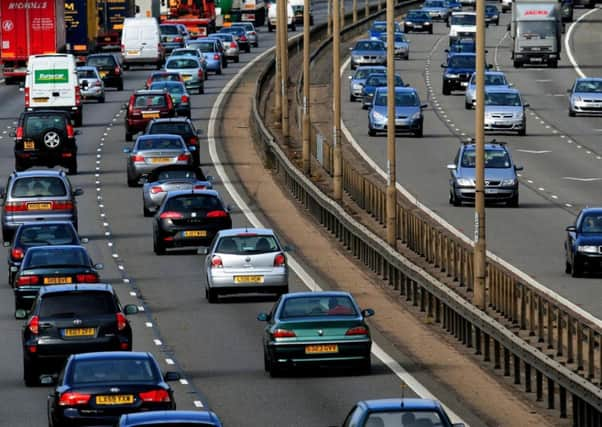Winter the worst season for being driven to distraction by your family


However the number of family in-vehicle rows rises during the winter months, according to a survey by the RAC, which said as many as 54 per cent of motorists reported having arguments at this time of year.
A total of 15 per cent of drivers and passengers said they argued more in the car than anywhere else, with 19 per cent saying the mere act of driving left them stressed and angry, while 14 per cent felt cooped up in a car.
Advertisement
Hide AdAdvertisement
Hide AdThe poll also showed that drivers argued most with their partners, followed by their children and parents.
One of the main causes for rows, predictably, was disagreements over the best route to take, followed by attempts to stop children from squabbling in the back.
Talking with passengers was seen as the biggest distraction, with as many as 21 per cent of drivers admitting they feared a heated discussion could have caused an accident.
Almost one in five thought the act of driving itself caused them to get stressed and angry, while for 14 per cent it was the fact that they were in a confined space and could not escape when they became agitated.
Advertisement
Hide AdAdvertisement
Hide AdRAC spokesman Simon Williams said: “Arguments can break out between family and friends at any time, but in the winter, where journeys can be delayed or take longer as a result of having to defrost windscreens or take alternative routes, it can be particularly stressful.
“Many arguments actually begin well before getting into the car and just get worse as a result of being in a confined space together.
“If you can allow more time to get everything and everyone organised before your journey you will no doubt reduce the stress level which then eases the pressure on your drive.”